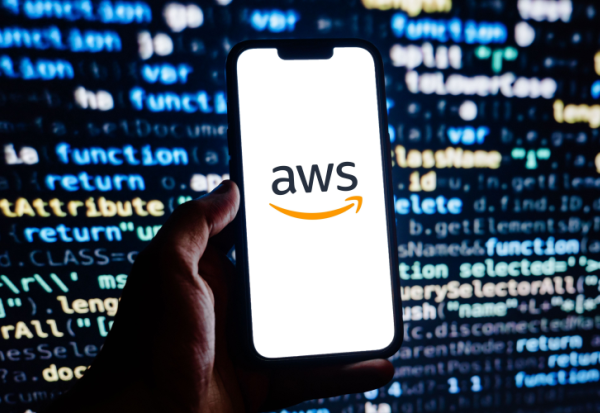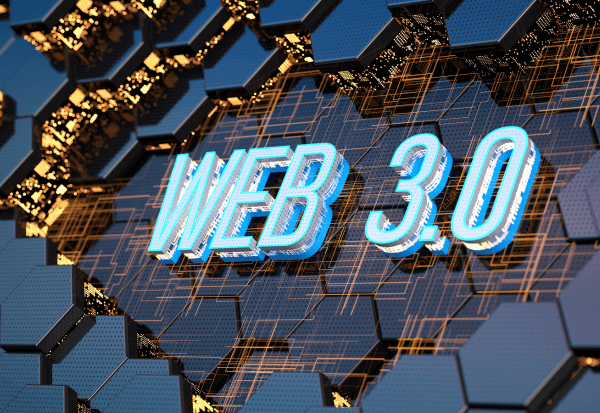Introduction

We are experiencing the Fourth Industrial Revolution, 4IR, or Industry 4.0: the age of increasing interconnectivity which is all about Artificial Intelligence (AI), the Internet of Things (IoT), Blockchain, Cloud Computing, Big Data, Augmented Reality (AR), and Virtual Reality (VR).
And as we took this technological leap in the 21st century, computers seem to have gone on steroids!
We begin by questioning: Is PHP left behind as we have welcomed the era of AI and ML? Is PHP Dying?
This is a basic question that might have crossed the mind of every developer: Is the programming language we learned and built our experience on, on the verge of extinction??
Before jumping to any drastic conclusion, let’s have a look at what PHP is, why should we use it, what are the drawbacks of PHP and how we can resolve that.
What is PHP?
As per PHP’s official website, here’s what PHP means:
“A popular general-purpose scripting language that is especially suited to web development.
Fast, flexible and pragmatic, PHP powers everything from your blog to the most popular websites in the world.
So, PHP is a server-side scripting language which is suitable for web development.”
Why should we use PHP?
- Open Source
PHP is open source and free of cost. It can be downloaded anywhere and is readily available for use in events or web applications.
- Platform Independent
Unlike some other programming languages, PHP-based applications can run on any OS like UNIX, Linux, Windows, etc.
- Open-Source Products
PHP offers a variety of open-source products. For example, if you wish to build a simple blogging website using WordPress, or you want to build websites with some fancy customizations, use Drupal or Joomla! In need of an ecommerce? Why not try Magento or Shopify?
Still not convinced? Here in the image below, notice how many websites were created using these products:

Courtesy: W3tech
- Variety of Framework
PHP offers multiple frameworks as per project needs. For example, SLIM for creating API, symphony and Laravel for building websites among others. Using a variety of frameworks will make your website easier to maintain and secure.
- Lots of Database connectors available
PHP supports many database management systems including MySQL, MariaDB, Db2, MongoDB, Oracle, PostgreSQL, and SQLite.
Easy to learn and build
It has a lower learning curve because it is simple and straightforward to use. Someone familiar with C programming can easily work on PHP.
Drawbacks of PHP
- PHP is slow
PHP is created to present web pages and not for writing scientific algorithms. That said, PHP does a great job at being very maintainable. It gives you an understanding of how the web works and what software patterns are. PHP also serves you well for a long time. For example, the number of websites which are still running in PHP5.

- PHP code is ugly/less maintainable
It is same as saying, C or C++ code is ugly or less maintainable. If we don’t follow the proper coding structure, it will be difficult in every language, whether its PHP, Python or Node. In PHP, we have a framework which makes the code very maintainable and secure as well.
- PHP is only for the web
This used to be a problem. However, it is 2022, PHP is about to release version 8.2. Version 8.0 is already out and gaining popularity. If you want to use PHP on command line, look for Robo. If you think it cannot handle raw TCP sockets, look for React’s Socket Server. It can read and write files, connect to databases of almost every kind, parse all sorts of data and there are numerous libraries and extensions available for most other types of work on the system. PHP is no longer restricted to the web.
- PHP does not have cool features
What about modern features? I have already listed some of them. Coming to client side – most of HTML5’s development was on JavaScript side. If you think you cannot write a non-blocking server (like NodeJS), consult React’s Event Loop, or icicle, or other similar libraries. Since closures are now available, you can write non-blocking services in PHP quite easily.
PHP 8.2 version is all set to be released on the 24th of November, 2022. It has many promising features (which can be a topic of another blog 😉 ). Having said that, PHP came a long way. It might not have the tag of being “cool”, but it is not going anywhere, not so soon.
Need proof? Check out the survey below as provided by W3Tech:


is a Technical Lead in Digital Business Solutions at Happiest Minds. She comes with 9+ years of experience in delivering successful business solutions to critical business problems. She has experience in Master Data Management, Microservice Architecture, Event driven and Distributed systems. She has worked on overseeing strategy and workflow for a team, leveraging a consistent approach to relationship building, recognition and communication to generate continuously improving performance.








